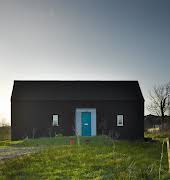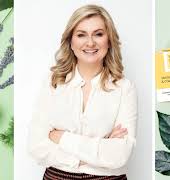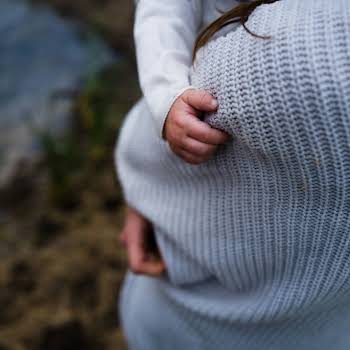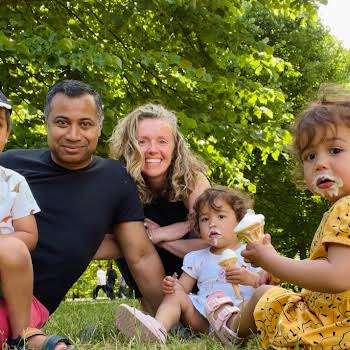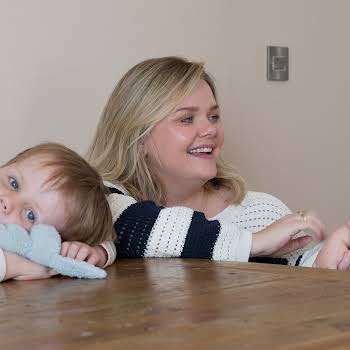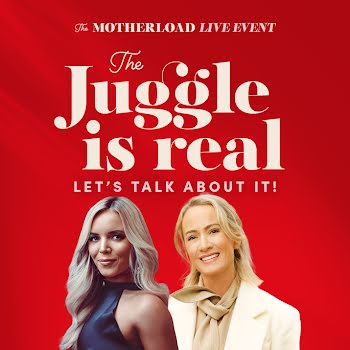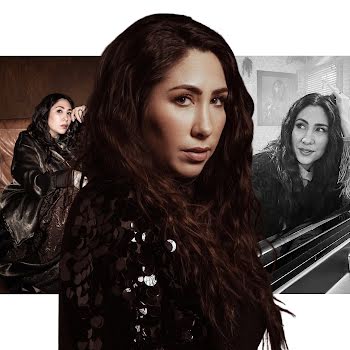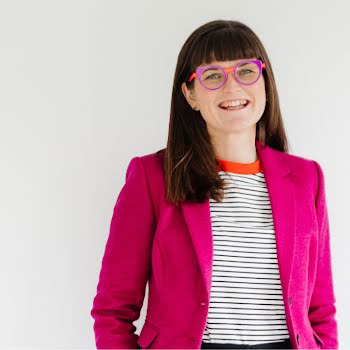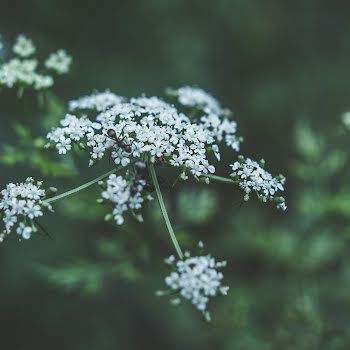
By Amanda Cassidy
08th Apr 2024
08th Apr 2024
We are at our most miserable at the age of 47.2 years of age, according to research by the US’s National Bureau of Economic Research. But not everyone agrees, points out Amanda Cassidy.
Before you speed-dial the closest Botox clinic, let’s take a moment to remember that this research is, in fact, nothing entirely new.
We’ve all heard of the mid-life crisis, picturing balding, pot-bellied men forking out on red sports cars or reliving their second adolescence via a younger partner, new career or a leap out of a plane.
For women, I’ve always imagined it is a more subtle eking out of what troubles them — a slow realisation that they will never actually get the six-pack they’ve always wanted, or live as a magazine editor in New York, or help out at that gorilla sanctuary in Bali.
But the goalposts keep shifting.
What was considered middle age in our parent’s generation is now only the age some women feel ready to settle down or to start a family. Even the raspy-voiced Marianne Faithful’s famous “Ballad of Lucy Jordan” talked about a woman who realised at the age of 37, that she’d never ride through Paris in a sports car with the warm wind in her hair.
Why not, Lucy? Why not?
Sometimes life is about closing certain windows instead of opening all the doors
These days, there is a whole lot of living going on, thanks to new technology, travel accessibility and a change in attitude when it comes to ageing. So why hasn’t that translated into the statistics?
Imagined life versus real life
According to economist David Blanchflower who led the study, there is a u-shaped happiness curve globally, and the very bottom of the horse-shoe point happiness is lowest at 47.2 years of age.
“People get realistic, they realise they’re not going to be the prime minister of Australia or the CEO of a company, but they’re going to be ok,” he explains. “You compare yourself to the alternative and realise I have to get real, but also, life isn’t so bad.”
In other words, it’s when your midlife crisis peaks. The good news is that from that age onwards, life gets peachy as you come to terms with the new you.
I’m not sure you can pin unhappiness to an age
Best-selling author Pamela Drukerman writes about the acceptance that finally comes with middle age in her book, There Are No Grown-Ups. “It was like a gathering storm, you hear the thunder in the distance then a trickle of rain,” she writes.
“There was this period when they’d say madame and kind of wink like madame in quotes. Then suddenly it was just madame and there were a lot of madames. Like a hailstorm: madame, madame, madame. It was all I could hear. Then it was just a matter of fact madame.
“It happened among many people at the same time, and not just one waiter because I looked haggard one morning. There seemed to be a group mindset between who was a madame and who wasn’t.”
And so marked the invisible line between two lives.
Realistic
Emily is a teacher and mum of two. She admits that this year (she’s turning 47) she has done a lot of reflection but wouldn’t describe herself as unhappy. “There is a lot of transition, my children have become little adults and that is an adjustment. My menopause has started which is equally scary and unsettling and we find ourselves discussing the next chapter in terms of a more limited outlook.
“But I’ve always said that sometimes, life is about closing certain windows instead of opening all the doors and I’m way more focused than I’ve ever been about my ambitions and plans. I don’t feel sad, but I am aware that things are changing at this age.”
Priorities shift, friends or parents get ill, children grow up and out and a reassessment is inevitable
Sarah had twins at 41. She says she doesn’t have time to dwell on her age. “Because I’m still in the whirlwind of having smaller children, I haven’t really had that time to stop and reassess. I am so busy all the time, I’m actually looking forward to a time when I can sit back and look to the future and what that means for me. Having our twins took a very long time so I’m trying to enjoy every minute with them. It is hectic but I wouldn’t have it any other way. I’d describe myself as more tired than sad!”
Brona quit her job in insurance to open a new (and successful) business a year ago. She says she doesn’t really freak out about her age. “I’m 47 and I’m delighted with life. I’m not sure you can pin unhappiness to an age.”
Wellbeing
And there is a lot to be happy about.
This is the age when most people have settled into their careers, have managed to navigate the living situation that suits their family and have the life experience to take most drama with a pinch of salt. But it is also the time when priorities shift, friends or parents get ill, children grow up and out and a reassessment is inevitable. We start to have our own health worries, we separate the wheat from the chaff when it comes to what we really want.
That often comes with turbulence that can involve hasty decisions, inward inspection, buying a snowmobile on a whim…
But fear not if you feel an existential crisis enveloping you right about now. There are good times ahead.
Professor Blanchflower says that well-being and happiness make a huge improvement as people hit their 60s. “I think there are three reasons why their happiness goes up,” he says. “The first is, they’re alive. Second, they have a job and third, they’re healthy enough to have a job.”
Chin up… only another 13 years or so to go.
Image via Unsplash.com
This article was originally published in June 2022.

